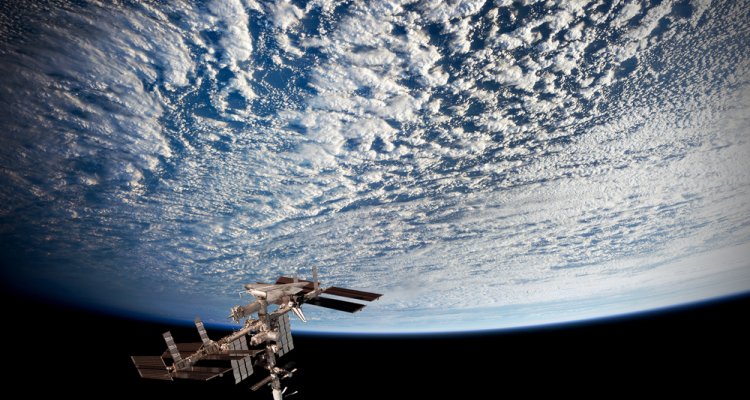
PhD defence
Down to earth perspectives on spaceborne precipitation observations
Summary
Accurate precipitation measurements are crucial for many aspects of our lives, such as forecasting floods, managing water resources, and monitoring droughts. Satellites are able to provide precipitation estimates over ungauged land surfaces and large water bodies. However, we need to understand the uncertainties in satellite estimates before we can implement them. This PhD thesis assesses the quality of satellite rainfall data while also aiming to improve our understanding of precipitation physics. This combined knowledge can enhance satellite retrieval methods. While various satellite sensors were studied, this thesis primarily focuses on radiometers on low-orbit satellites. We found that accurately measuring shallow, frozen, and low-intensity but persistent precipitation remains a significant challenge. We designed and evaluated a machine learning tool, specifically a random forest model, which gave good results but still encountered difficulties in detecting shallow and low-intensity precipitation. Therefore, we concluded our research by validating a hydrometeor classification algorithm that enhances our understanding of these precipitation types and supports the development of future algorithms.